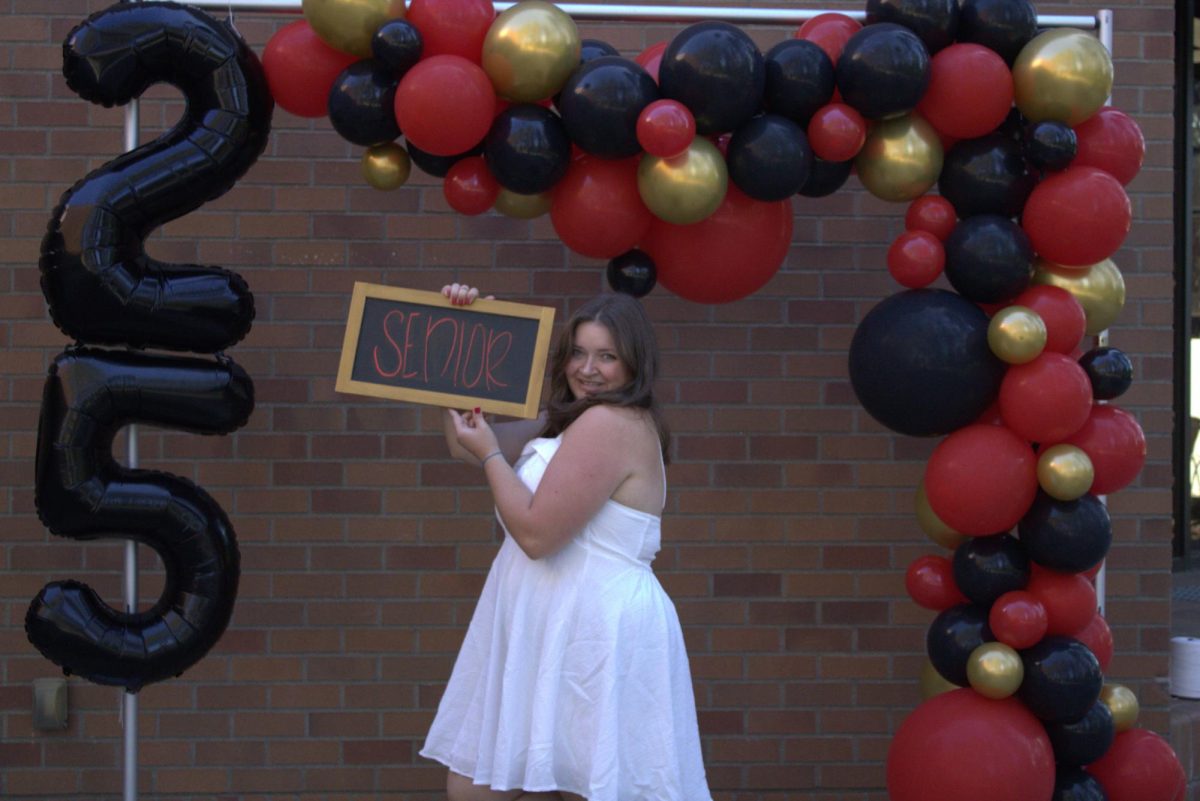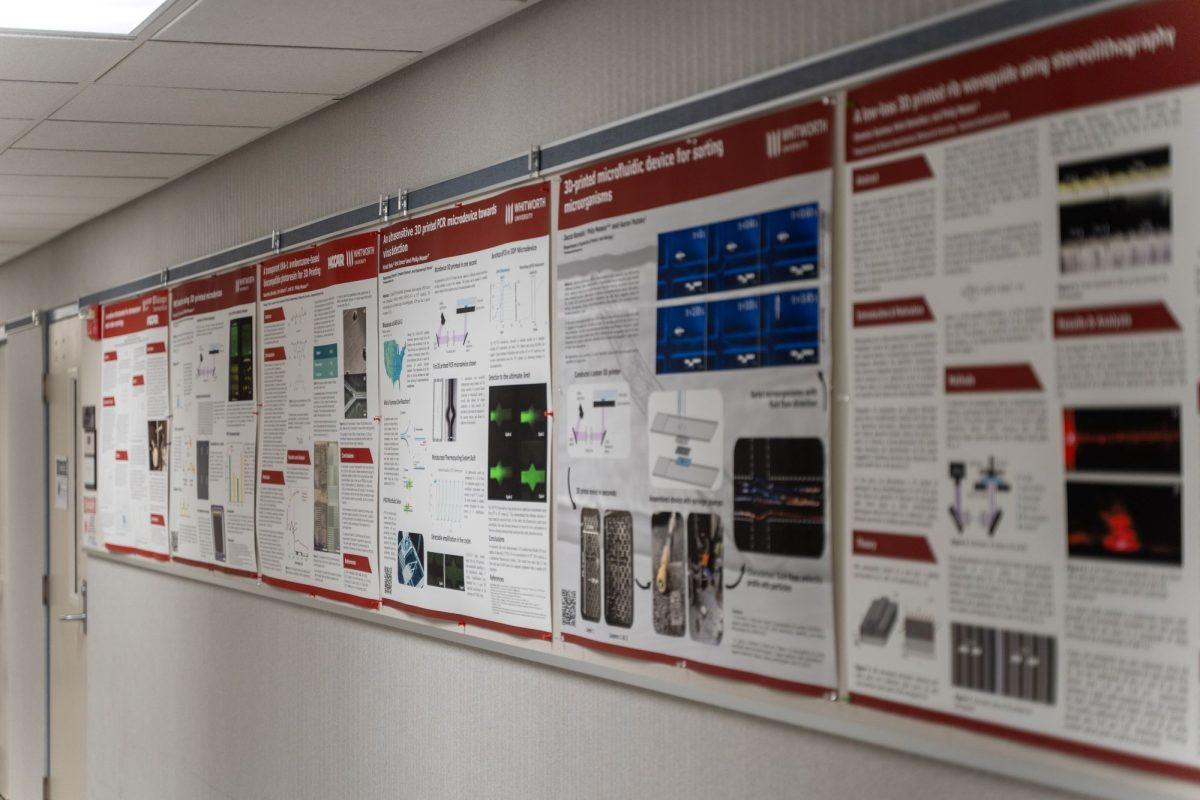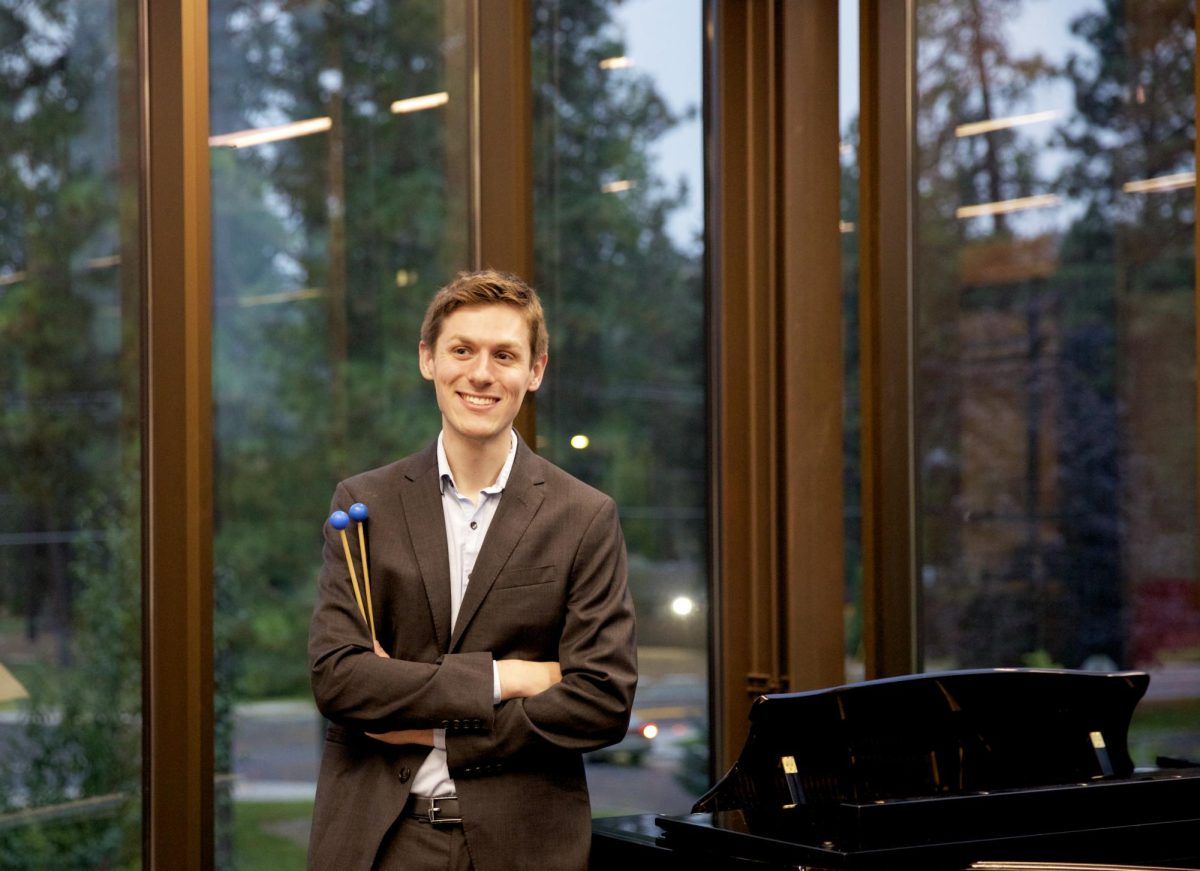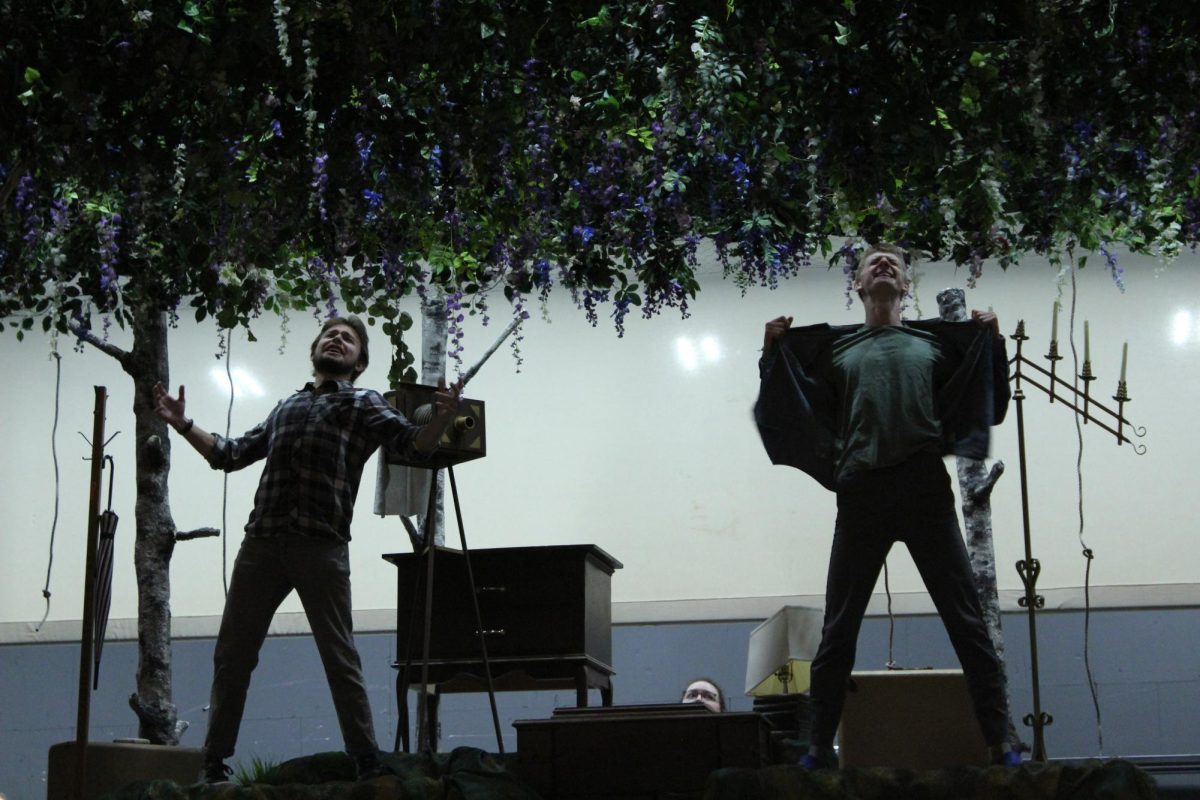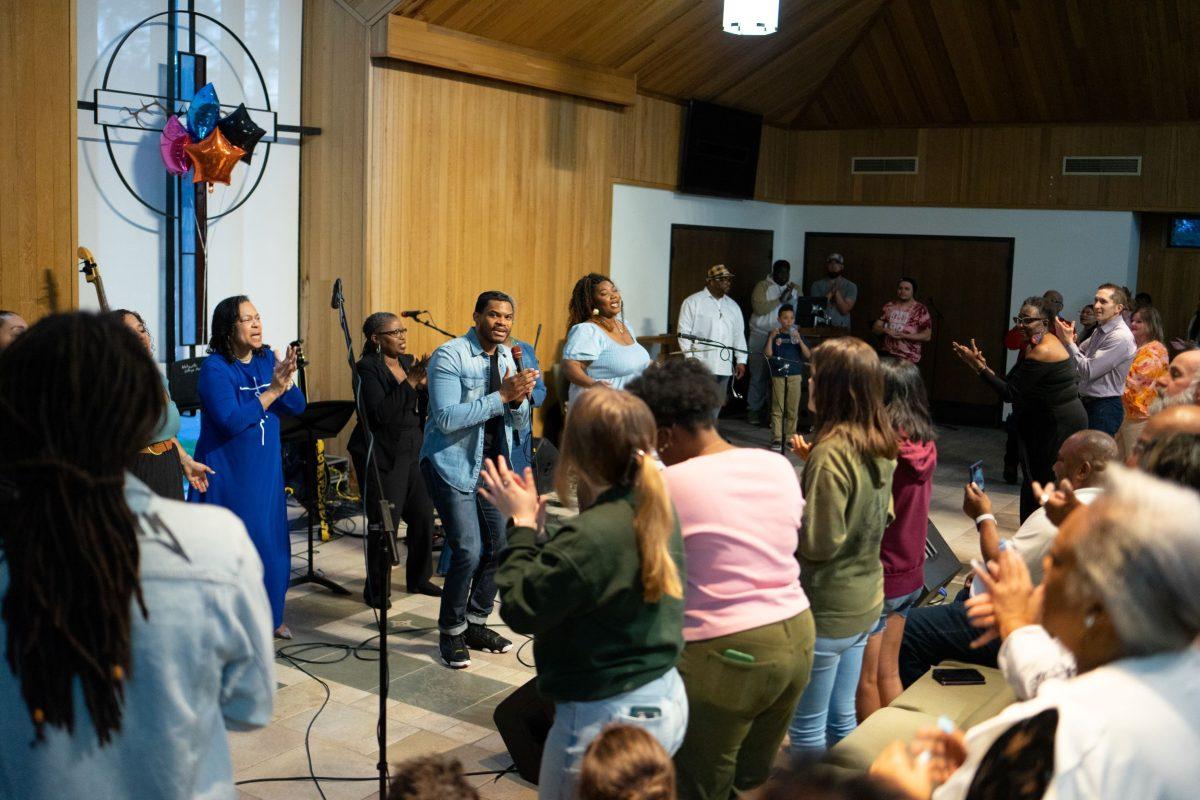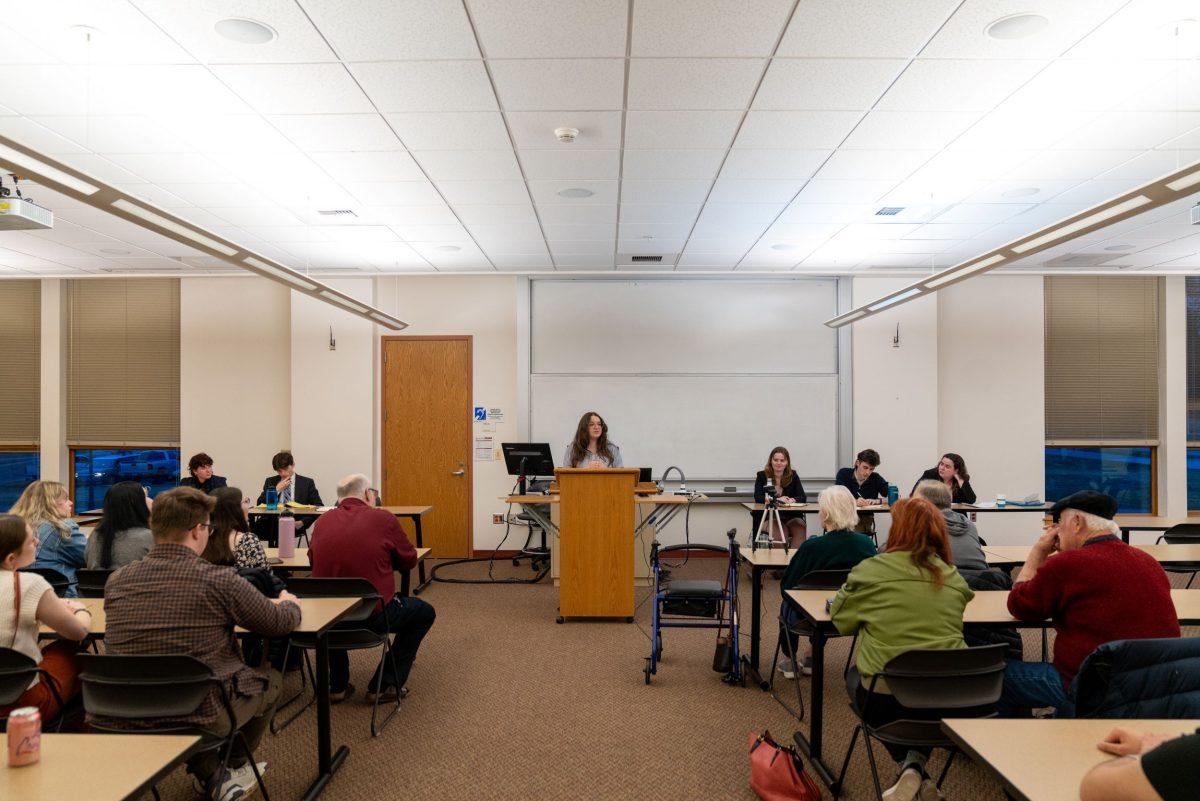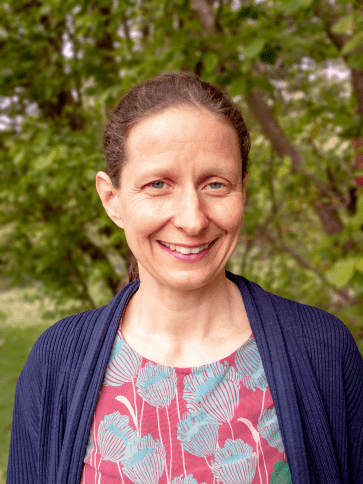
On Tuesday, Feb. 20, in Whitworth University’s Robinson Teaching Theater, Dr. Ruth Bancewicz, the church engagement director at the Faraday Institute, spoke about the intersection between science and faith in her presentation titled “Loving Science, Loving God.”
Bancewicz studied genetics at Aberdeen University and completed her Ph.D. at Edinburgh University. She later studied theology, ministry and mission at Spurgeon’s College and Ridley Hall. After graduating she pursued postdoctoral research at Edinburgh University while also acting as the development officer for Christians in Science. She joined the Faraday Institute in 2006 to develop resources for the church. In addition to her work at the Faraday Institute, she has published two scientific articles on genetics and several books on the intersection between faith and science.
In her presentation, Bancewicz identified that a lot of controversy regarding the connection between faith and science stems from how science is defined. “If you can measure or observe it in some way, it is science. Science is about building up layers of evidence, trying to come up with general principles … and [seeing] if you can break your principle by testing it,” said Bancewicz.
Bancewicz referenced a study done in the United Kingdom showing that despite common knowledge, there are many people in the scientific community who see God in their work. “The question that a lot of people want to think about is whether we can have scientific evidence for God or scientific proof for God. See, that is impossible. Science doesn’t prove things, math proves things,” said Bancewicz. “What I prefer is the way a synchronous theology has a lens that is out of the grounds of natural theology”.
“The more and more detail that you find and discover, the more and more specific it can get. And to me, that’s just evidence of a grand design within creation,” said lecture attendee Ella Davis, a biology major and Whitworth campus ministry coordinator (CMC).
Bancewicz also discussed how many scientists communicate and experience faith in different ways. “Different people experience different things. Some people are captivated with a certain kind of beauty in [their] work. Some people will find that mild [experiences] of God [make] them think about God and some people don’t … It’s personal, but it’s also powerful,” said Bancewicz.
She expanded this thinking by explaining that the chosen intersection between science and faith is deeply personal and cannot be proven or disproven either way. It is a connection or disconnection that can only be made by oneself.
For more information on the Faraday Institute and Bancewicz’s work, check out the Faraday Institute’s website.

